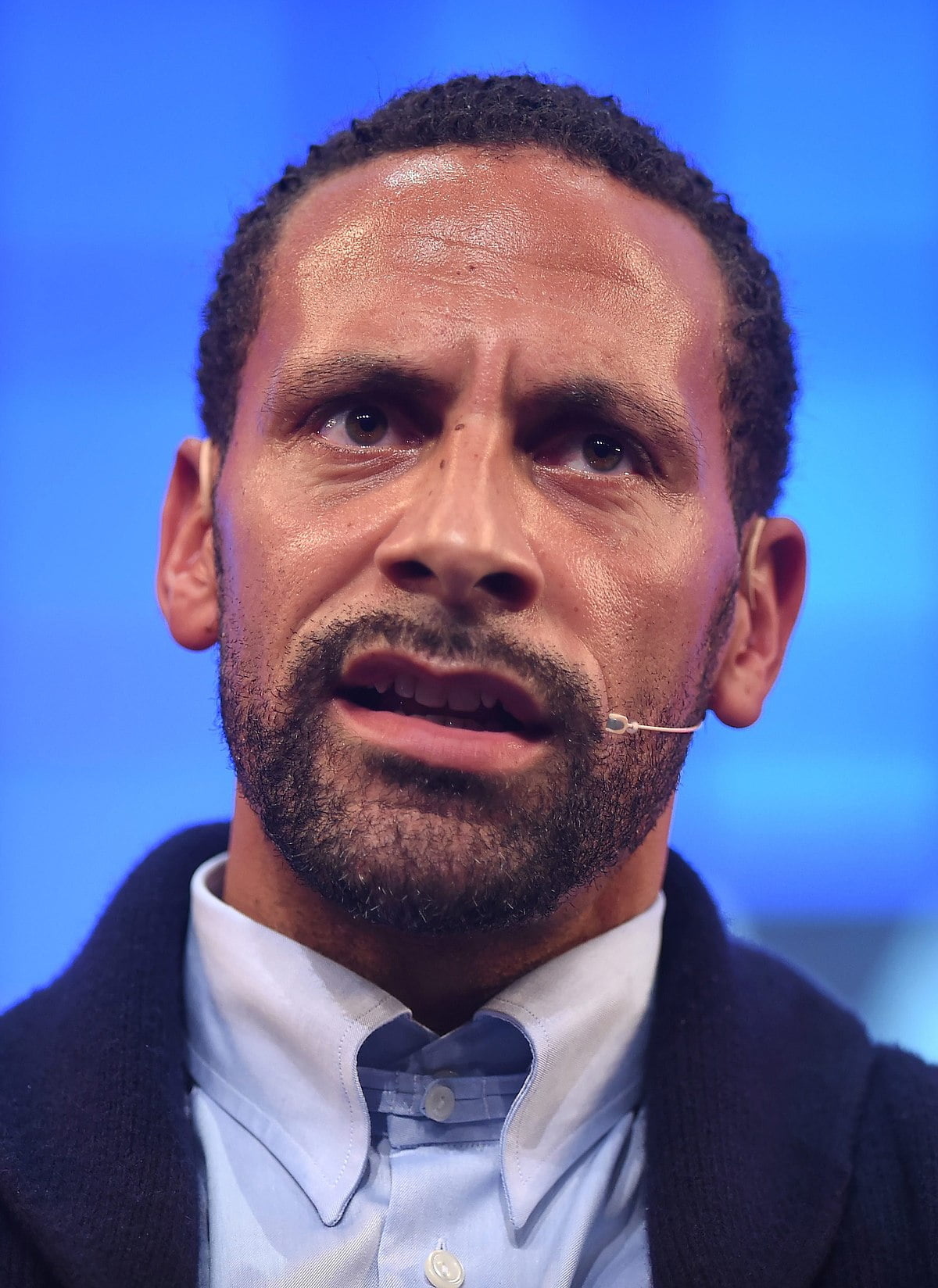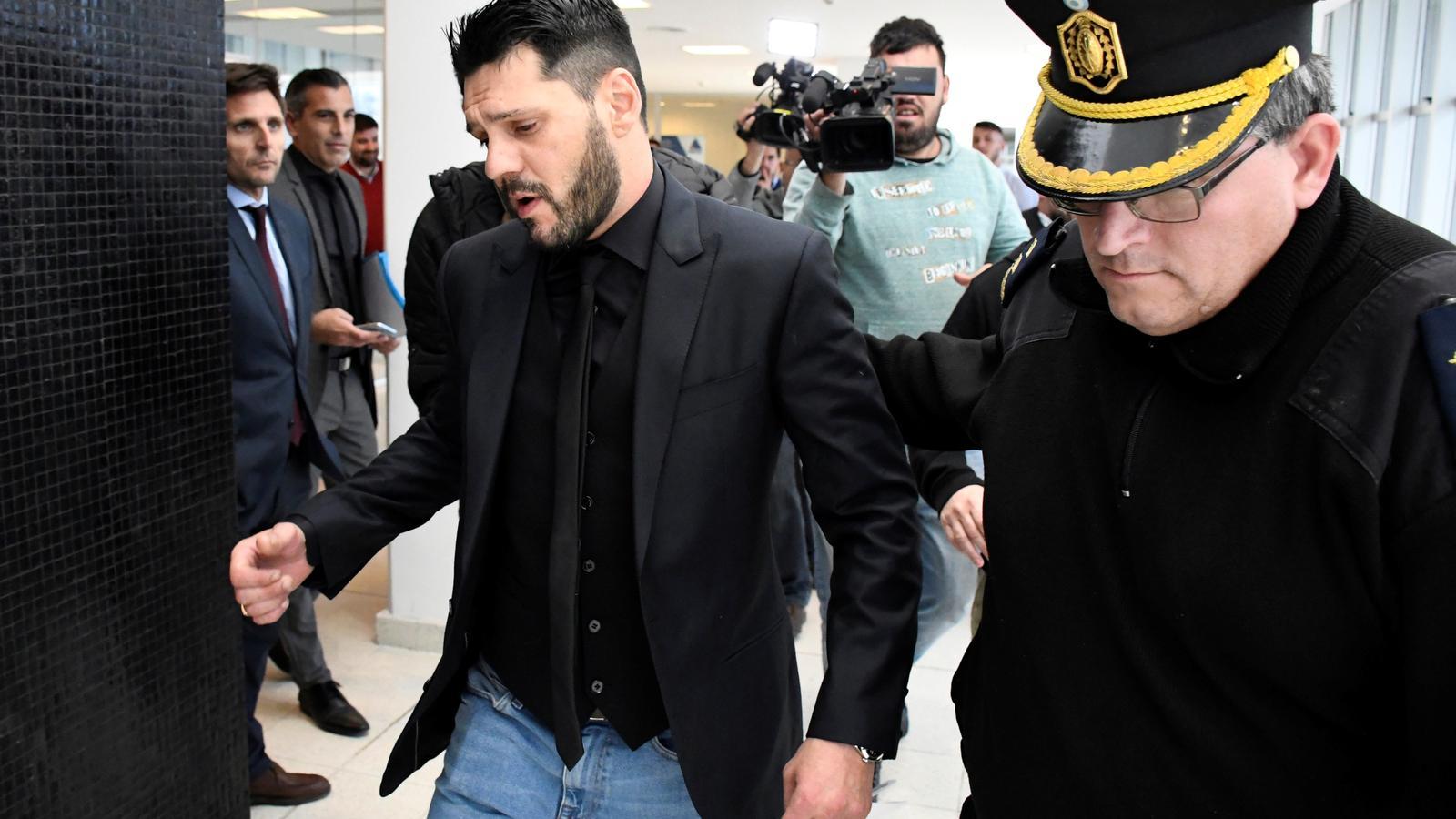An Indonesian court on Thursday jailed two football match officials for negligence over one of the worst stadium disasters in the sport’s history.
The crush in October at a venue in the East Java city of Malang killed 135 people after police fired tear gas into packed stands when supporters invaded the pitch.
Hundreds of people fled for narrow exits, resulting in a stampede that left many trampled and suffocated to death, including more than 40 children.
Abdul Haris, the head of the organising committee for the match, was found guilty of negligence and handed 18 months in prison. Prosecutors had sought a sentence of six years and eight months.
“The defendant did not read the situation and played down the possibility of an emergency situation or chaos,” presiding judge Abu Achmad Sidqi Amsya told the court in the city of Surabaya.
The verdict is Indonesia’s first ruling on the tragedy.
Moments later, security official Suko Sutrisno was also found guilty of negligence and sentenced to one year in prison.
Prosecutors had also sought six years and eight months in his case.
The judge said Sutrisno “did not anticipate the chaos because there had never been an emergency situation before”.
He also “did not understand his job as a security official well”, the judge added.
Mochamad Munif, a father who lost his 20-year-old daughter in the tragedy, said the sentences were too lenient and an injustice.
“Honestly, I cannot accept it. If it’s not capital punishment, it is very hard for me to forgive,” he told AFP.
A lawyer representing another family who lost two children told AFP that prosecutors must appeal.
“If they don’t it will prove that justice is out of reach for the families,” Imam Hidayat said.
Sutrisno’s lawyer denied his client did not do his job properly and said he is an expert in his field who had been working in the profession since 2008.
Local media have reported that Sutrisno was in charge of several stewards whose job was to guard the stadium gates.
But the security official has previously said he did not have the authority to open the doors when the crush took place.
Both men, dressed in white shirts in court, have seven days to appeal.
– Failings –
Police described the October 1 pitch invasion as a riot and said two officers were among the dead, but survivors accused the police of using excessive force.
Officers were seen kicking and beating supporters on the pitch before indiscriminately firing tear gas into the stands.
Football’s world governing body FIFA outlaws the use of such riot control methods inside stadiums.
Three local police officers have also been charged over the incident and are awaiting verdicts.
The former director of the company that runs Indonesia’s premier league has been named as a suspect and remains under police investigation.
The tragedy has forced Indonesian officials to confront failings in various aspects of the domestic game, which has been blighted for years by shaky infrastructure, mismanagement and violence.
Indonesia’s National Police sacked its local chiefs for both Malang city and the province of East Java after the tragedy.
The government also suspended all competitive football games but league matches resumed last month.
Indonesian President Joko Widodo ordered an investigation and pledged to demolish and rebuild the Kanjuruhan Stadium according to FIFA standards.
A task force investigating the crush has called on the head of Indonesia’s football association and all the members of its executive committee to resign, but they have refused to do so.
The match was a clash between fierce East Javan rivals Arema FC and Persebaya Surabaya, with Arema losing 3-2.
FIFA head Gianni Infantino in October called the crush “one of the darkest days for football”.






